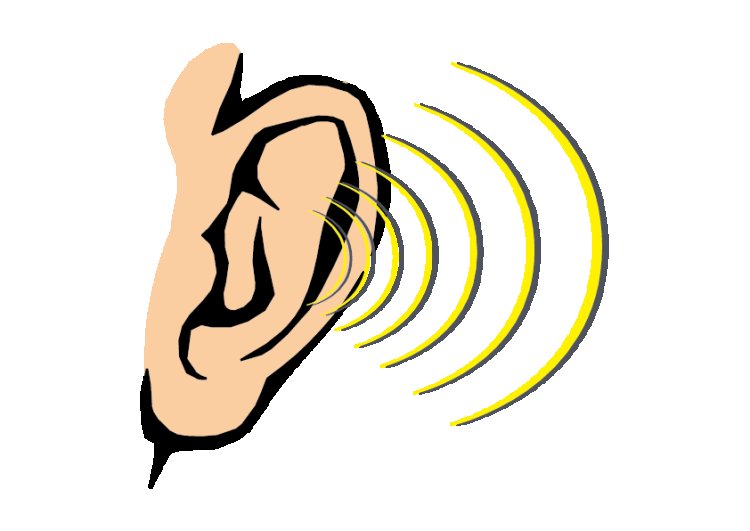Save Your Priceless Ears: Crucial Pointers to Avoid Hearing Loss

Amazing organs, our ears let us to hear the world. Hearing loss can result from their fragility and susceptibility to harm, though. It's important to look after your ear health whether you enjoy music, work in a noisy setting, or just appreciate your hearing.
We'll go into some important advice in this article on keeping your ears healthy and avoiding hearing loss.
- Limit Exposure to Loud Noise:One of the main reasons of hearing loss is exposure to loud noise. Sound levels over 85 dB, whether from traffic, machinery, or concerts, can harm the sensitive inner ear hair cells over time. When at all feasible, try to reduce your exposure to loud noises in order to protect your ears. If you can't stay out of noisy places, lessen the effect on your ears with earplugs or noise-canceling headphones.
- Develop Safe Listening Habits: With smartphones and portable music players abounding these days, it's easy to turn up the volume and forget how loud you're listening. The 60/60 guideline says to listen to music at no more than 60% of maximum volume for no more than 60 minutes at a time to protect your ears. Regularly stop listening to allow your ears to rest and heal.
- Seek Routine Hearing Examinations:Finding any changes in your hearing and identifying any possible issues early on depend on routine hearing examinations. Make an appointment for a thorough hearing assessment with an audiologist, particularly if you experience any symptoms of hearing loss, such tinnitus, or ringing in your ears.
- Keep Up Good Ear Hygiene: Preventing infections and preserving ear health need regular cleaning of your ears. Safely doing so is crucial, though. To avoid pushing wax farther into the ear canal and maybe damaging the eardrum, never clean inside your ears with cotton swabs or other things. Rather, leave your ears to naturally eliminate extra wax and gently wipe the outside ear with a wet towel.
- Protect Your Ears While Swimming: Swimming can cause infections and other ear issues including swimmer's ear. Swimmers earplugs or a swim hat might help keep water out of your ears as you swim or shower. To get rid of any last of the moisture, completely dry your ears with a towel or use a hairdryer on low after swimming.
- Exercise Caution: Some antibiotics and chemotherapy treatments are examples of medications that can be ototoxic, or damaging to the inner ear and resulting in balance issues or hearing loss. Before beginning any new drug, make sure you and your doctor talk about any possible adverse effects. Whenever you can, also, stay away from toxic materials like heavy metals and some solvents.
CONCLUSION
In summary, our ears are priceless organs that need our diligence and attention. You may preserve your hearing and take in life's noises for many years to come by adhering to these crucial advice for ear health. Recall to avoid loud noises, listen carefully, plan routine hearing exams, keep up good ear hygiene, cover your ears when swimming, and be wary of drugs and other substances that may impair your hearing. You'll hear the difference!
What's Your Reaction?


















